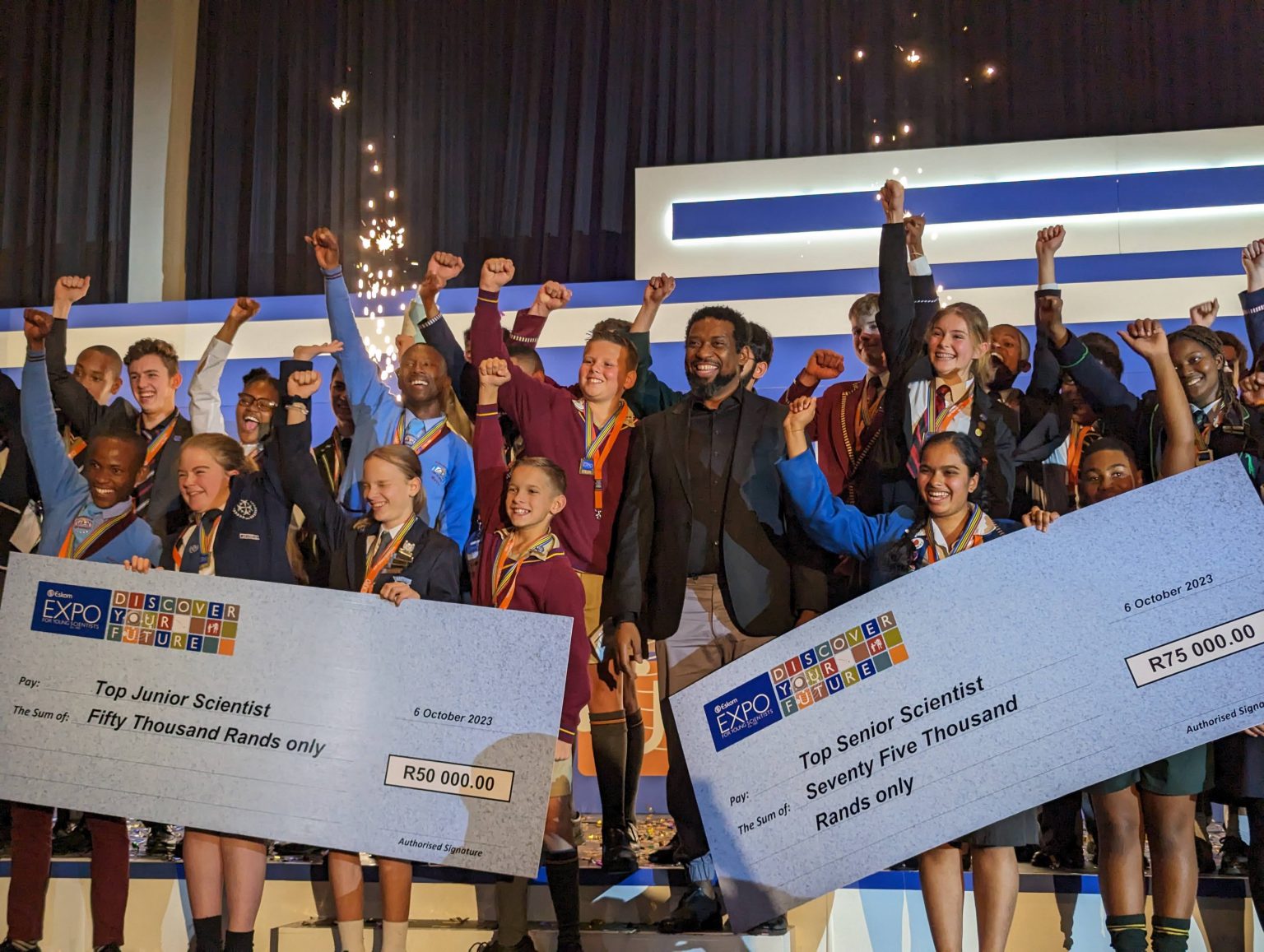By Staff Reporter
Kingswood College learner Savanna Renaud recently won Gold at the Eskom International Science Expo in JHB for the best animal science project for her study “Of Mice and Music”, which uncovered how mice reacted to different genres of music. Savanna is hoping her research can help children with Neurodiversity.
Savanna shares information about her Eskom International Science Expo’s project:
“I studied neurochemistry in mice to help children with autism,” Savanna says. “I did this by subjecting mice to a maze while playing music to see what elements/genre of music was most beneficial to helping them solve a problem,” she adds.
She says she chose music as it is something readily available to any person, showing people they don’t need fancy products to help them, and rather, anyone has access to help.
Savanna adds that her results came out to show that Lofi was the best, closely followed by Pop. The similarity between the two came down to a steady down-beat. Upon further research, she found that with a constant beat, one’s neurological pulses and heart rate can synchronize with the rhythm, making breathing more regular and allowing a person (or mouse) to calm down.
She adds that she was able to compare the two brains by analysing the four cortexes that she outlined as being most important and glued them together. “I found that in a child with autism, there is a lower brain capacity where parts of the brain aren’t as developed, and of course, in a mouse, their brains are much smaller.”
Renad continues by saying, “There are also areas with heightened sensitivity in both brains. This allowed me to compare the two, finding that a mouse’s brain is more similar to an autistic child’s brain than a ‘normal child’s'”.
As comparisons over the years have been done between mice and normal children, hers would be more accurate to children who struggle because of the correlations she has found, she says.
“The whole point of this project was to prove not only what type of music is best suited to help someone cope in challenging situations but to prove that whatever issue you have if provided with the right mechanisms, you have the same capacity to achieve what a ‘normal’ person can,” said Renad.


